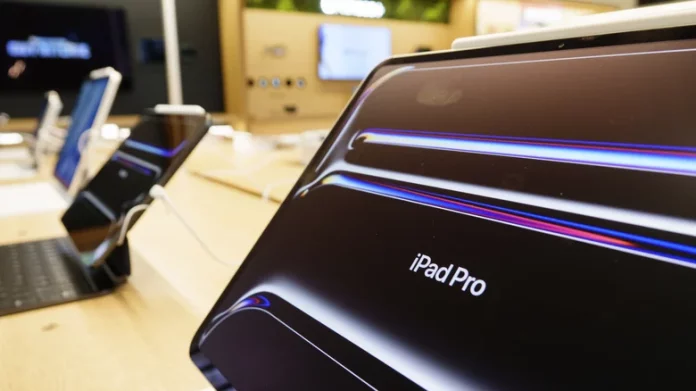Apple’s next-generation iPad Pro is set to feature a major internal redesign. According to Bloomberg’s Mark Gurman, the upcoming model will incorporate a vapor chamber cooling system—technology Apple first introduced in the iPhone 17 Pro lineup earlier this year. This upgrade is designed to help the iPad handle heat more efficiently during intensive workloads like 4K video editing, rendering, and gaming.
While vapor chamber cooling isn’t new to the tech world, Apple’s decision to bring it to the iPad Pro signals a broader shift in how the company manages thermal performance across its product line. Gurman notes that with Apple’s mobile chips “nearly as powerful as laptop versions,” improved cooling will be essential to sustain peak performance without throttling.
How Vapor Chamber Cooling Works
A vapor chamber is essentially a sealed metal enclosure containing a minute amount of de-ionized water. When heat from the processor increases the temperature, the water evaporates and circulates as vapor throughout the chamber. This process helps spread heat evenly and dissipate it away from hot spots. As the vapor cools, it condenses back into liquid and repeats the cycle—maintaining consistent thermal balance even under heavy loads.
What to Expect from the M6 iPad Pro
Apple introduced the M5 iPad Pro earlier this month, which means an M6 model likely won’t arrive until mid-2027. Based on Apple’s typical 15–18 month release cycle, the next-generation iPad Pro will probably debut with a new M6 processor built on TSMC’s advanced 2-nanometer process. The chip is also expected to include an upgraded C1X modem, succeeding the one found in the M5 variant.
The transition to 2 nm technology is significant—not just for performance, but also for manufacturing costs. Reports suggest Apple’s upcoming A20 chip for the iPhone 18 could be up to 50% more expensive to produce due to the expense of TSMC’s new process. If similar pricing carries over to the M6, Apple may consider a price adjustment for its high-end tablets.
Potential Pricing Outlook
The current M5 iPad Pro starts at $999, matching last year’s M4 model. Historically, Apple hasn’t hesitated to raise prices when new components justify the increase. Earlier iPad Pro generations (the fourth through sixth) all started at $799 before Apple bumped the starting price to $999 with the seventh-gen model. However, if manufacturing efficiency improves by 2027, there’s a chance those costs—and retail prices—could stabilize or even fall slightly.
Either way, the next iPad Pro looks poised to usher in Apple’s most advanced thermally managed tablet yet, bridging the gap between mobile and laptop-level performance.





